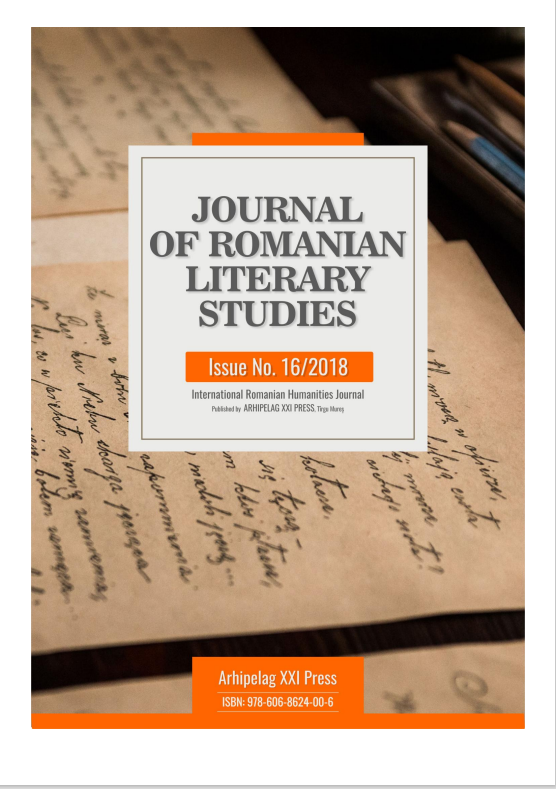SYLVIE GERMAIN ET PAUL CELAN. PERSPECTIVES SUR LA JUDEITE DANS LE ROMAN GERMANIEN
SYLVIE GERMAIN AND PAUL CELAN. PERSPECTIVES ON JUDAITY IN GERMAN ROMANCE
Author(s): Roxana MaximileanSubject(s): Language and Literature Studies, Studies of Literature, French Literature, German Literature, Romanian Literature, History of the Holocaust, Philology, Theory of Literature
Published by: Editura Arhipelag XXI
Keywords: intertextuality; Holocaust; memory; silence; identity quest;
Summary/Abstract: Our work focuses on the relationship between Sylvie Germain's novel Magnus and a poem she chooses to insert inside the book, Paul Celan's Death Fugue. John Felstiner, one of the most important critics of the poet considers the poem as the Guernica of the post-war European literature. We will try to distinguish the construction of a common theme that of the pain enveloped in the silence imposed by an absurd regime, the Holocaust. Even if she does not have Jewish origins, a part of Sylvie Germain’s books reveal the sensitivity of the writer for the victims of this catastrophe. The affirmation is reinforced by her preference for Paul Celan, a poet of Jewish origin and his Death Fugue, the poem he dedicates to his mother who died in an extermination camp. Magnus is also one of those books that sketch this dark period of history, illustrating the fate of a boy who was rendered to silence and amnesia by the violent loss of his mother during a bombardment. Our paper aims to identify the motivation of the choice of the poem, how the poem is inserted inside the novel, and its role in understanding the entire book. Then, we will analyze the problem of the silence displayed by the divinity towards Evil in the world, a recurring theme in Sylvie Germain’s work, and the evil figures constructed in the concerned novel.
Journal: Journal of Romanian Literary Studies
- Issue Year: 2019
- Issue No: 16
- Page Range: 1029-1034
- Page Count: 6
- Language: French

